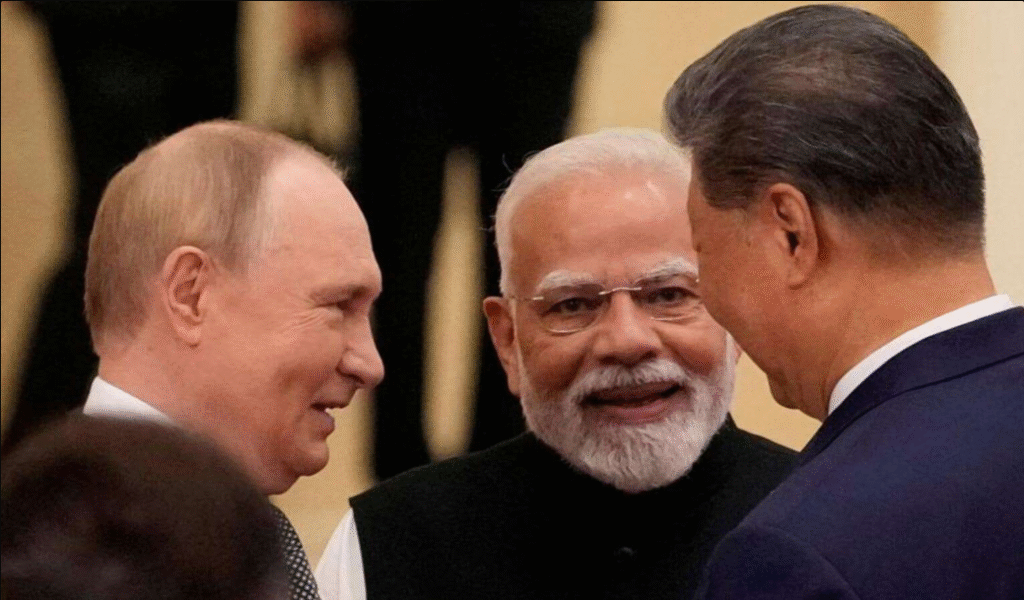
World leaders convened at the United Nations General Assembly on September 4, 2025—marking the 1,289th day since Russia’s invasion of Ukraine—to address the critical situation in Ukraine’s temporarily occupied territories. The debate saw heated exchanges among Ukrainian, Russian, and Western representatives, as diplomatic efforts to end the conflict have made limited progress despite recent high-level meetings.
Ukraine Calls for International Action
Ukraine’s Deputy Foreign Minister Mariana Betsa delivered a forceful address to the General Assembly, emphasizing that Russia’s strategic objectives remain unchanged after 12 years of aggression. “Russia’s goals in these 12 years have not changed. The Russian strategy has not changed—to destroy Ukraine as a country, to destroy Ukraine as a nation,” Betsa told delegates. She detailed the devastating impact on 1.5 million people living in the temporarily occupied territories, describing “a deliberate policy of forced demographic change,” in which Ukrainians are deported to remote regions of Russia while Russian citizens are resettled in their homes. She highlighted the situation in Crimea, which she said “has been turned into an open-air prison,” with 280 Ukrainian citizens—including 163 Crimean Tatars—currently detained. Her remarks came as Russian forces launched new attacks, including a missile strike on September 4 that killed two Danish humanitarian demining experts near Chernihiv and an artillery attack on September 3 in Kostiantynivka that killed nine civilians.
Russia Defends Territorial Claims
Russia’s Permanent Representative Vasily Nebenzya challenged the Ukrainian allegations, describing the choice of Crimea and the eastern regions of Ukraine to join Russia as “not only a restoration of historical justice but also an expression of the will of the peoples.” He insisted that any lasting peace must acknowledge “the new territorial realities that emerged after Crimea and the four regions joined the Russian Federation.” Nebenzya dismissed the Ukrainian claims as “yet another batch of fairy tales” and said Russia had implemented “around 300 measures” to integrate the territories in infrastructure, economy, health, and education. He blamed the conflict on what he called the “deliberate Russophobic policy of the neo-Nazi regime” supported by Western countries.
Western Powers Keep Up Pressure
Britain’s Ambassador Barbara Woodward issued one of the sternest condemnations, urging Putin “to agree to an immediate, complete, and unconditional cease-fire and withdraw Russian forces from all Ukrainian territory.” She detailed systematic abuses in the occupied territories, including “severe restrictions on freedom of association, movement, and religious belief,” forced deportation of children, and the use of “rape and sexual violence as tools of war.” U.S. Deputy Permanent Representative Dorothy Shea referenced recent diplomatic efforts by President Trump, including his August 15 meeting with Putin in Alaska and subsequent discussions at the White House with Ukrainian President Zelenskyy and European leaders. However, she noted that “just days after President Trump hosted President Putin on American soil to discuss ending the war, Russia carried out its second-largest airstrike on Ukraine since the conflict began.”
Diplomatic Efforts Continue Amid Skepticism
The UN debate took place as European leaders met with Zelenskyy in Paris to discuss security guarantees for Ukraine. Reports indicate that 26 countries pledged to provide troops as a “stabilization force” for Ukraine after a potential cease-fire. Yet ongoing Russian attacks cast doubt on Moscow’s commitment to peace negotiations, with NATO Secretary General Mark Rutte stating that Russia should have no say over the deployment of troops into Ukraine. The General Assembly session underscored the entrenched positions on all sides, with no immediate prospect for breakthrough. Although diplomatic channels remain open, continued violence in the occupied territories complicates any path toward a negotiated settlement, highlighting deep divisions within the international community over Ukraine’s future.






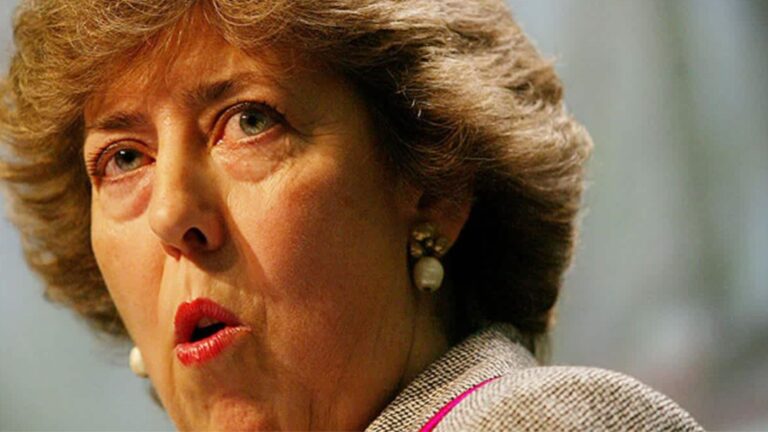
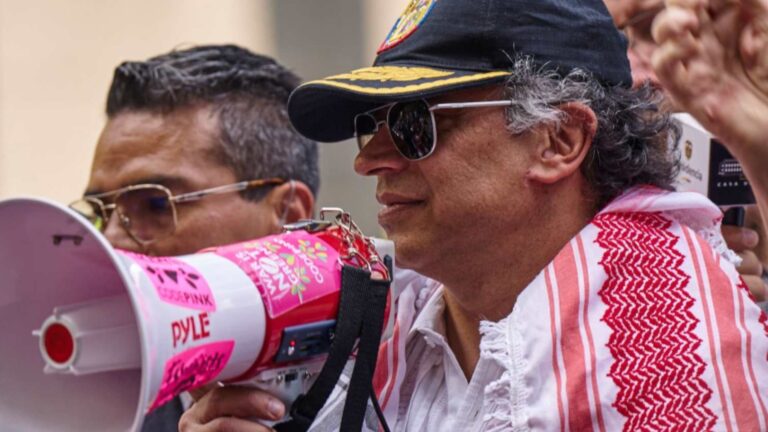


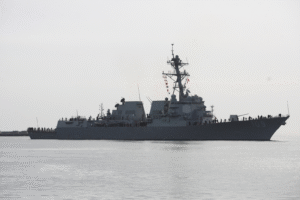
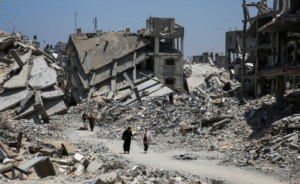
Your article helped me a lot, is there any more related content? Thanks!